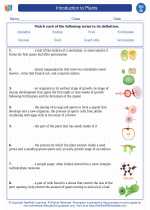Month in Biology
In biology, the term "month" is not generally a specific topic but can be related to various biological processes and phenomena that occur over the span of a month. Here are some key concepts related to the measurement of time in biology:
Menstrual Cycle
The menstrual cycle in females typically lasts about a month, during which various hormonal changes occur, leading to the release of an egg from the ovary, preparation of the uterus for potential pregnancy, and shedding of the uterine lining if pregnancy does not occur.
Lunar Cycle and Tides
Some biological processes, such as the reproductive cycles of certain marine organisms and behaviors of nocturnal animals, are influenced by the lunar cycle, which also spans approximately a month. Additionally, tides, which result from the gravitational pull of the moon, follow a monthly cycle, influencing the behavior and habitat use of marine organisms.
Plant Growth and Phenology
Many plants exhibit growth and reproductive patterns that occur over the span of a month. Phenology, the study of the timing of biological events, often tracks the monthly rhythms of plant growth, flowering, and fruiting, which can be influenced by factors such as day length and temperature.
Study Guide
To understand the concept of "month" in biology, it is important to grasp the following key points:
- Understand the hormonal changes and physiological events that occur during the menstrual cycle in females.
- Explore the relationship between lunar cycles, tides, and biological phenomena in marine and terrestrial ecosystems.
- Examine the influence of monthly rhythms on plant growth, flowering, and fruiting, and how environmental cues impact these processes.
Additionally, it can be helpful to study specific examples of organisms and biological events that follow monthly patterns, and how these are interconnected with larger ecological and physiological processes.
Understanding the concept of "month" in biology can provide insights into the temporal dynamics of living organisms and ecosystems, and how they are influenced by both internal and external factors.
[Month] Related Worksheets and Study Guides:
.◂Biology Worksheets and Study Guides High School. Introduction to plants
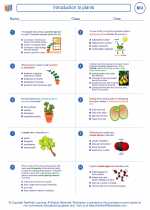
 Worksheet/Answer key
Worksheet/Answer key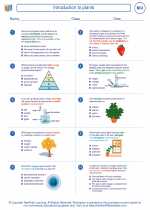
 Worksheet/Answer key
Worksheet/Answer key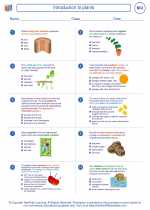
 Vocabulary/Answer key
Vocabulary/Answer key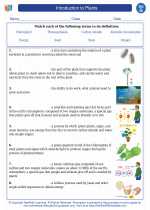
 Vocabulary/Answer key
Vocabulary/Answer key
 Vocabulary/Answer key
Vocabulary/Answer key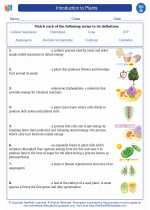
 Vocabulary/Answer key
Vocabulary/Answer key
 Vocabulary/Answer key
Vocabulary/Answer key